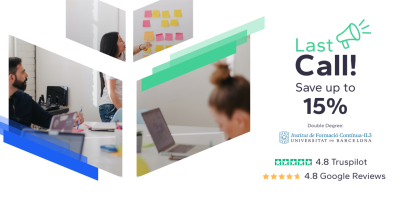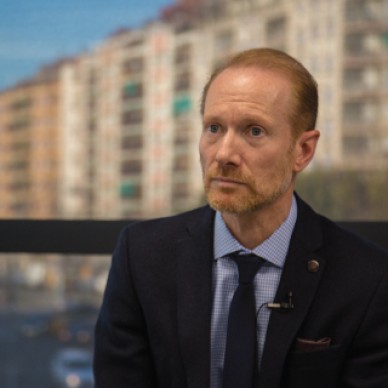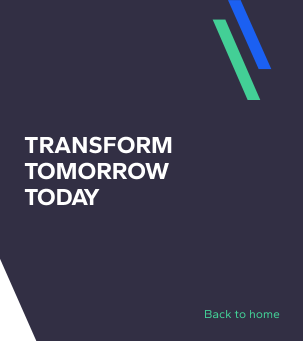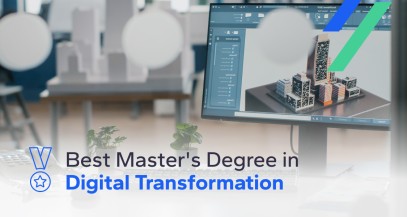
Mark Saunders, the new director of the Master’s in Global Smart City Manager
Categories

Mark Saunders has joined the faculty board of Master’s in Global Smart City Manager as the academic director of the program. He is in charge of the next edition of the master that will start in May 2020.
With his incorporation to the already distinguished faculty of the program, Zigurat strengthens its proposal to offer the most comprehensive and interdisciplinary master’s program in smart cities in the market. The training is built around a holistic approach and provides the participants with transversal competencies necessary to manage the smart city environment whether they’re service providers, public officials, technology developers or startuppers.
Mark Saunders has extensive expertise in all facets of innovation, new solution delivery, strategy, and business development. He has a background spread across the different market sectors, from energy to infrastructure services and construction to pharmaceuticals, and, additionally, across organizations of all sizes.
Since 2015, he has managed/occupied a managerial position at Ferrovial’s Centre of Excellence for Cities, first as the UK Projects Director and later as the General Director. Having worked in different countries all over the world, Mark can transmit a broad overview of the location-wise differences of smart city management.
Armed also with the wealth of experience of having held leadership roles within business, local and national government groups related to smart cities and sustainable development, he brings to the master’s program a unique practical, professional understanding of the sector.
In order to get to know him better, the team of Zigurat conducted a little interview where we discussed who could study smart city management, the 2030 Agenda for Sustainable Development and new technologies in smart cities among other subjects.
For Mark Saunders, smart cities are primarily about collaboration. “Smart city management needs every profile and the collaboration between them is the key,” he concludes. In terms of individual profiles, it's an area of knowledge that is suitable for administrators, people from finance or IT, engineers, designers, service providers, technology developers etc., in other words, for public and private sector alike.
As for the challenges that the cities have to face to meet the sustainable development goals, Mark names a few: infrastructure capacity, mobility, reducing carbon emissions. All in all, smart cities is a fastly growing field that creates a myriad of new jobs and business opportunities for those capable of taking advantage of them.


